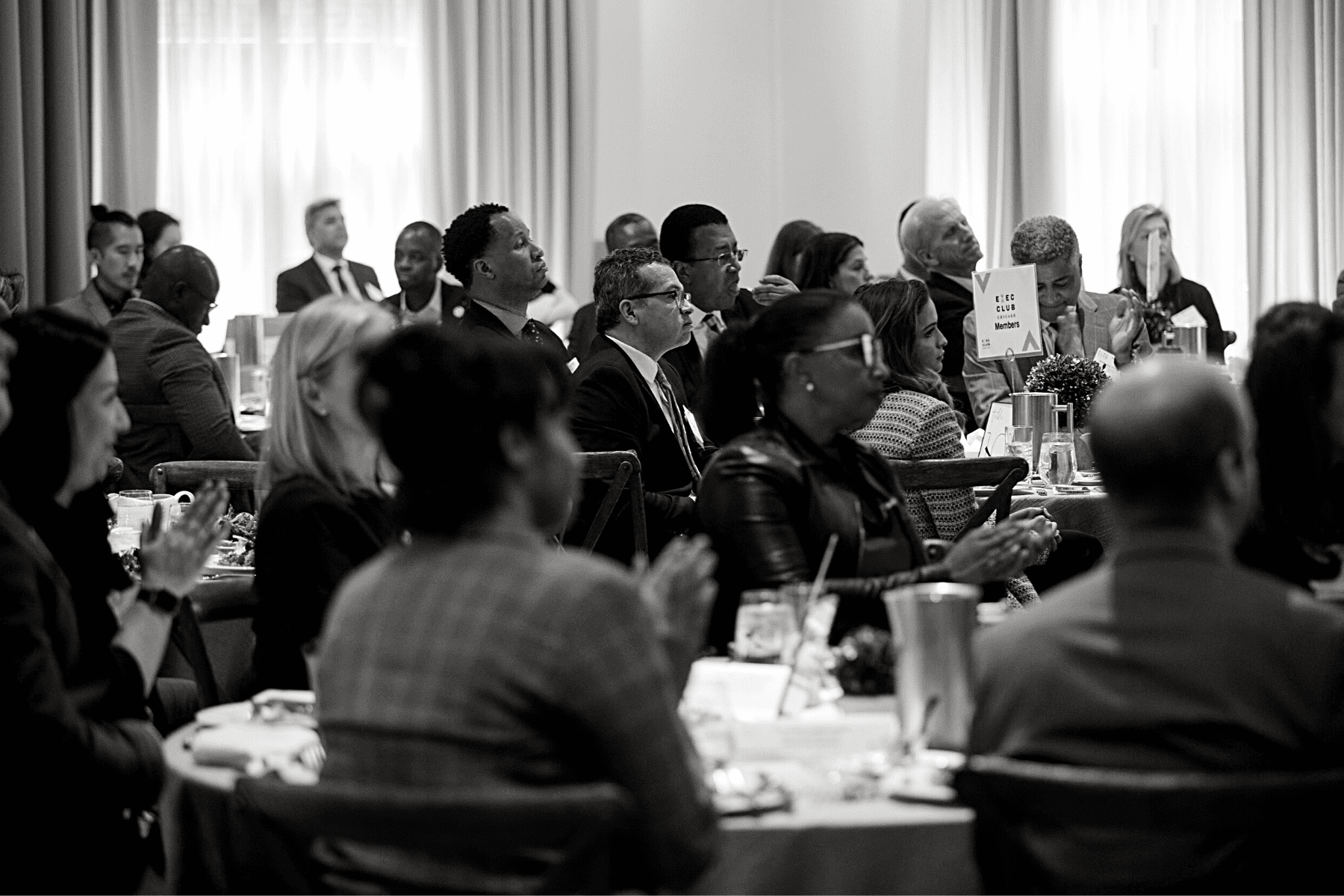
Ann Drake
Founder and Chair, AWESOME (Achieving Women’s Excellence in Supply Chain Operations, Management and Education); Founder and President of Lincoln Road Enterprises

With the ever-changing economic and supply chain issues happening on a global scale, conversations between logistics, CPG, and manufacturing industry leaders are of the utmost importance. Join Exec Club, Bank of America, Barry Callebaut, and Molex on May 24, 2023 for essential discussions around relevant supply chain and manufacturing topics, trends, and issues.
The last several years have left the global supply chain in turmoil, and organizations everywhere have been left scrambling. Navigating unreliable access to capital, finding and retaining talent in unstable labor markets, and mitigating the effects of inflation are all struggles companies are facing on a daily basis.
As companies navigate these issues, they may struggle to deliver on key business outcomes and keep products in the hands of consumers. In a constantly shifting economy with unstable supply chains, adaptability and resilience is key to successfully staying afloat and growing a business.
When it comes to dealing with supply chain and manufacturing in today’s world, what are the biggest threats to success? How is access to capital making an impact on the manufacturing world? What are the challenges and opportunities for manufacturers of consumer-facing products? Is there enough labor available to handle the needs of the supply chain?

Founder and Chair, AWESOME (Achieving Women’s Excellence in Supply Chain Operations, Management and Education); Founder and President of Lincoln Road Enterprises

Associate Partner, McKinsey

CTO, MxD

Senior Vice President, Market Executive, Bank of America
Industry 4.0, or the fourth industrial revolution being powered by data, AI, and machine learning, is making a profound impact on supply chain and manufacturing. Companies are not only faced with how they will mitigate the effects of disruption to production and logistics.
They must also now ponder how they can utilize data, AI, and other up and coming technology to better their processes, grow their business, and instill resiliency. For companies with wide fragmented production networks, using data and analytics is crucial to sustain and grow business.
However, adopting new technologies in the face of uncertainty poses risks and considerations: How will Industry 4.0 impact your business? What is the expense of adopting machine learning and data focused technology to improve supply chain and manufacturing? How are CPG manufacturers utilizing data and analytics to respond to disruptions? Does the benefit of adopting Industry 4.0 technologies outweigh the cost? How can Industry 4.0 be woven into strategic plans?

Founder & CEO, Native AI

COO & Founder, First Resonance

Managing Director, Investment Banking, Bank of America
In the face of the current instability of the economy and upheaval of the supply chain, organizations must also consider the weight of another issue: the impact that manufacturing and distributing goods has on the environment.
As governing bodies on the local, state, and federal level continue to up the environmental reporting requirements, companies must determine their next steps for taking an environmentally conscious approach to their manufacturing protocols and engagement with supply chains. The opportunities to implement more sustainable practices are plentiful, and organizations must determine how to integrate them into current business models to be strategic.
For organizations that have yet to focus on the sustainability of their supply chain and manufacturing, what is the first step? How can they catch up to those leading the way? For companies that already have a sustainable approach to their manufacturing and supply chain practices, how can they take their work further? Can implementing sustainable packaging and manufacturing processes set consumer-facing products apart in over-saturated markets? How can companies turn the obligation of integrating sustainable practices into economic opportunity?

Partner, McKinsey

Global Vice President Customers, Bimbo QSR

Business Development Manager, Sustainability – Americas, Barry Callebaut

Partner, McKinsey
Conscious capitalism emphasizes the importance of businesses considering the well-being of all stakeholders and operating with a purpose beyond profit. In the supply chain and manufacturing world, conscious capitalism calls for ethical sourcing, fair trade practices, and sustainable production methods. It encourages companies to prioritize transparency, worker rights, environmental sustainability, and community development throughout their supply chains, leading to more responsible and equitable manufacturing practices.
But where should organizations looking to adopt these practices begin? What do real-work examples of conscious capitalism in the supply chain and manufacturing worlds look like? Join Ganesh Iyer, President and CEO of Etnyre International for a look at the power of conscious capitalism in the world of supply chain and manufacturing.

President and CEO, Etnyre International

Senior Vice President, Senior Relationship Manager, Bank of America




